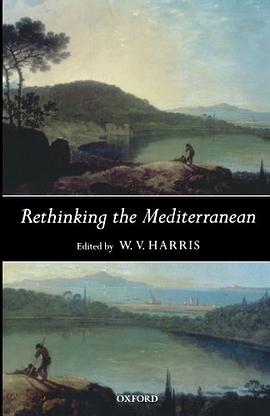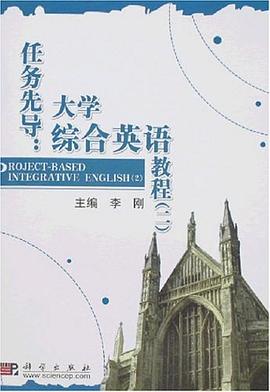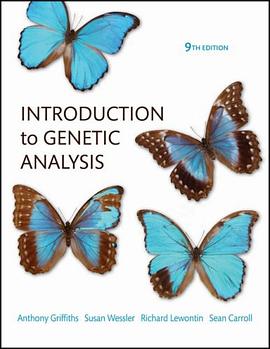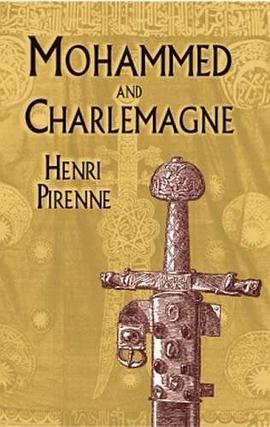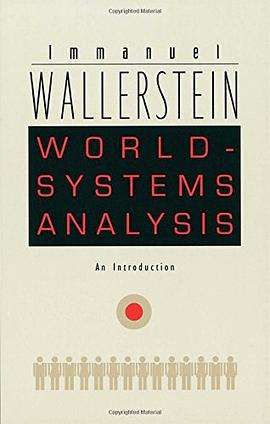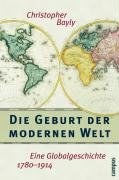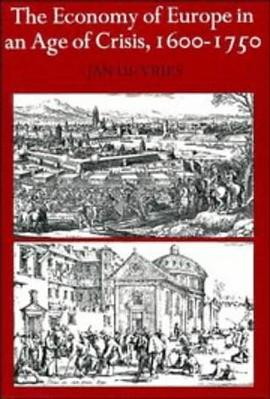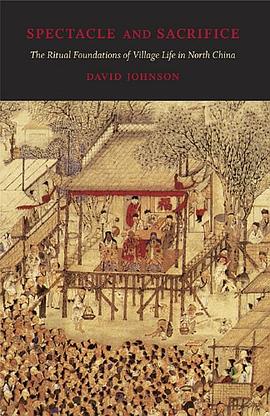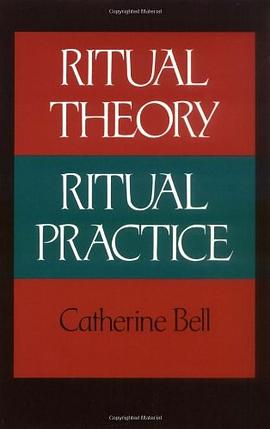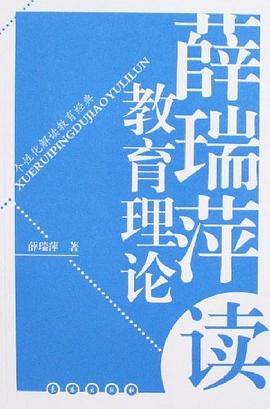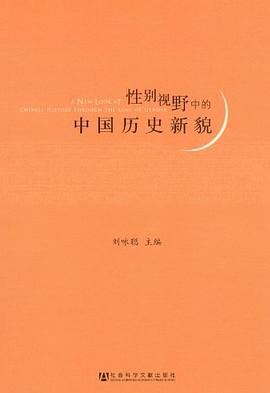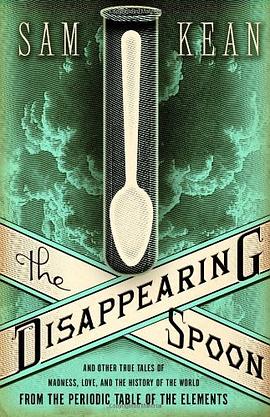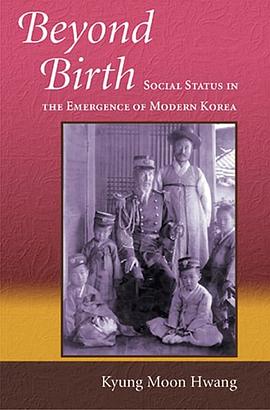

具体描述
The social structure of contemporary Korea contains strong echoes of the hierarchical principles and patterns governing stratification in the Choson dynasty (1392-1910): namely, birth and one's position in the bureaucracy. At the beginning of Korea's modern era, the bureaucracy continued to exert great influence, but developments undermined, instead of reinforced, aristocratic dominance. Furthermore, these changes elevated the secondary status groups of the Choson dynasty, those who had belonged to hereditary, endogamous tiers of government and society between the aristocracy and the commoners: specialists in foreign languages, law, medicine, and accounting; the clerks who ran local administrative districts; the children and descendants of concubines; the local elites of the northern provinces; and military officials. These groups had languished in subordinate positions in both the bureaucratic and social hierarchies for hundreds of years under an ethos and organization that, based predominantly on family lineage, consigned them to a permanent place below the Choson aristocracy. As the author shows, the political disruptions of the late nineteenth and early twentieth centuries, however, rewarded talent instead of birth. In turn, these groups' newfound standing as part of the governing elite allowed them to break into, and often dominate, the cultural, literary, and artistic spheres as well as politics, education, and business.
作者简介
目录信息
读后感
评分
评分
评分
评分
用户评价
从这本书的整体结构来看,作者展现出了非凡的掌控力,每一个情节的推进,每一个人物的塑造,都如同精密的齿轮般紧密咬合,共同驱动着故事向着更深邃的方向发展。我被书中的叙事节奏深深吸引,它时而舒缓,时而紧凑,恰到好处地把握了读者的情绪,让我在阅读的过程中始终保持着高度的专注。我特别赞赏作者在描绘那些超出日常经验的场景时,所展现出的惊人想象力。那些超越我们已知维度的描绘,既令人惊叹,又充满了哲学上的启示。它让我开始思考,我们所定义的“现实”,是否真的如此坚不可摧?是否还存在着我们尚未触及的领域?这本书也让我对“成长”有了全新的认识,它不仅仅是年龄的增长,更是一种意识的拓展,一种对自身和世界的深刻理解。我感觉自己在阅读过程中,也经历了一次意识的迭代,一次对生命本质的重新认识。
评分我读这本书的经历,更像是一次与作者进行的一场深度对话,虽然这种对话是单向的,但作者的文字却有着回应我内心深处思考的力量。这本书让我开始思考一些我从未真正深入探究过的问题,例如,我们所感知到的现实,是否就是全部的现实?意识的边界究竟在哪里?那些看似不可逾越的界限,是否真的存在?作者在书中构建的那个独特的语境,迫使我不得不去面对这些挑战性的问题。我尤其欣赏作者在处理那些模糊不清、难以界定的概念时所展现出的勇气和智慧,它没有回避,而是迎难而上,用自己独特的视角去解读。我喜欢作者在叙事过程中留下的那些空白,那些未竟的线索,那些需要读者自己去填补的缝隙。正是这些空白,赋予了这本书无限的解读空间,也让我的阅读体验更加主动和个性化。读完这本书,我感觉自己的思绪仿佛得到了一次彻底的清洗,那些长期以来积累的、关于生命和存在的疑惑,似乎都有了新的出口。它是一本会让你在阅读之后,依然久久不能平静的书,它会在你的脑海中不断回响,引发你更多的思考。
评分这本书的独特之处在于,它能够以一种看似平淡的叙事,却蕴含着极其深刻的生命智慧。作者的文字风格沉静而内敛,但字字珠玑,每一句话都经过了深思熟虑,都蕴含着某种不言而喻的哲理。我被书中那种对“存在”的纯粹的探索所打动,它不追求戏剧性的冲突,而是聚焦于个体在存在中的体验,在与周遭世界互动中的感受。我从中学习到了,真正的力量,往往隐藏在最安静的角落,真正的智慧,往往蕴藏在最平凡的瞬间。它让我开始更加关注生活中的细节,更加珍惜那些被我们常常忽略的美好。这本书也让我对“理解”有了更深的体会,它不仅仅是信息的接收,更是情感的共鸣,是灵魂的连接。在阅读《Beyond Birth》的过程中,我感觉自己仿佛经历了一次心灵的净化,那些外界的喧嚣似乎都离我远去,我得以与最真实的自己对话,与最深层的生命意义对话。
评分我必须说,《Beyond Birth》这本书给我带来的感受是难以用言语完全表达的,它是一种潜移默化的影响,一种在阅读过程中逐渐渗透到我生命中的力量。作者的文字,仿佛带着一种特殊的魔力,能够轻易地拨动我内心深处最敏感的琴弦。我发现自己在阅读过程中,常常会停下来,去思考书中某些观点,去回味某些情节,那种深刻的共鸣感,是我在其他书中很少体验到的。这本书也让我对“可能性”这个词有了全新的理解,它不仅仅是指一种选择,更是一种潜能,一种生命所能达到的无限境界。作者通过那些鲜活的人物,展现了生命在面对未知时所能激发的惊人力量。我从中学到了,即使在最黑暗的时刻,也永远不要放弃对希望的追寻,对意义的探索。它是一本会让你在合上书本后,依然久久不能忘怀的书,它会成为你生命中一段重要的精神旅程。
评分我不得不说,《Beyond Birth》是一本真正具有思想深度的作品,它不仅仅是一本小说,更是一次对人类存在意义的深刻追问。作者在叙事中巧妙地融入了大量的哲学思考,但却没有任何说教的意味,而是通过引人入胜的情节,让读者在不知不觉中被引导去思考那些宏大的命题。我尤其被书中对“意识”的描写所吸引,作者对意识流动、意识边界的探讨,都让我对这个一直以来让我着迷的概念有了全新的认识。它让我开始怀疑,我们所认为的“现实”,是否就是全部的真相?是否还存在着我们尚未触及的、更加广阔的存在空间?这本书也让我对“变化”有了更深的理解,它不仅仅是外在的形态改变,更是一种内在的认知升华,一种对生命本质的重新定义。在阅读《Beyond Birth》的过程中,我感觉自己仿佛经历了一次意识的觉醒,一次对生命潜能的重新发现。它是一本会让你在读完之后,依然久久不能平静,并开始重新审视自己与世界的关系的书。
评分我必须承认,在翻开《Beyond Birth》之前,我并没有对它抱有太高的期望,毕竟“Beyond”这个词语本身就带有太强的概念性,我担心它会流于空泛。然而,这本书的出现彻底改变了我的看法。作者以一种极其接地气的方式,将那些宏大的哲学命题融入到一个引人入胜的故事中。它不是那种高高在上的说教,而是通过角色的经历,通过他们与环境的互动,巧妙地展现出那些深奥的道理。我特别喜欢作者对人物内心世界的探索,那些细致入微的心理描写,让我仿佛能够直接触碰到角色的灵魂,理解他们每一个选择背后的动机,感受他们内心的挣扎与成长。书中对人际关系的描绘也极其真实,那些充满爱恨情仇、喜怒哀乐的互动,都让我看到了现实生活中人与人之间关系的复杂性。我从中学习到了很多关于沟通、关于理解、关于宽容的宝贵经验。这本书也让我意识到,我们对“存在”的理解,可能比我们想象的要狭隘得多。它鼓励我跳出固有的思维模式,去尝试理解那些我曾经认为无法理解的事物。总的来说,《Beyond Birth》是一本真正能够触及灵魂的书,它不仅丰富了我的知识,更重要的是,它改变了我看待世界的方式。
评分《Beyond Birth》这本书的魅力在于它能够以一种极其巧妙的方式,将最根本的生命议题呈现在读者面前,但又不会让人感到沉重或压抑。作者的笔触轻盈而有力,它在勾勒人物命运的同时,也在描绘着一种全新的生存哲学。我喜欢它所传递出的那种积极向上的能量,即使在最艰难的时刻,书中也总能找到一线光明,找到一种突破困境的力量。我尤其被书中对“连接”的探索所吸引,无论是人物之间情感上的连接,还是个体与更广阔宇宙的连接,作者都描绘得淋漓尽致。它让我意识到,我们并非孤立的个体,我们与周围的一切都息息相关,我们的存在,本身就构成了某种宏大的图景。这本书也让我开始重新审视那些被我们视为理所当然的“常识”,它鼓励我去质疑,去探索,去寻找那些隐藏在表象之下的真相。每一次阅读,我都能从中汲取新的养分,发现新的角度,它就像一个永不枯竭的灵感源泉,不断地滋养着我的心灵。
评分我最近刚读完一本让我回味无穷的书,尽管它名为《Beyond Birth》,但我可以肯定地说,这本书的触角远不止于此,它探讨的议题之深邃,之广阔,常常让我失语。从封面设计那种引人遐思的抽象图案开始,我就知道这将是一次非同寻常的阅读旅程。作者在字里行间构建了一个极其真实而又超然的世界,让我得以窥见人类存在的另一种可能性,或者说,是对我们所熟知的生活的一种彻底的颠覆与重塑。每一次翻开,我都仿佛置身于一个全新的维度,与书中那些鲜活的角色一同经历着那些难以言喻的转变。书中对情绪的细腻描摹,对思想脉络的层层剥离,都让我深刻反思自身。那些关于意识的流动,关于记忆的本质,关于个体与集体之间的微妙联系,都给我带来了前所未有的震撼。我尤其喜欢作者在处理一些哲学性问题时那种不落俗套的笔触,它不提供简单的答案,而是引导读者自己去探索,去感受,去构建属于自己的理解。读这本书的过程,就像是在进行一场深刻的自我对话,它迫使我去审视那些我从未留意过的内心角落,去挖掘那些被遗忘的情感碎片。我可以说,《Beyond Birth》是一次智力与情感的双重洗礼,它在我心中播下了无数颗种子,等待着我去细心灌溉,等待着它们在未来的日子里生根发芽,开出独特的花朵。
评分我阅读《Beyond Birth》的过程,更像是一次对自身思维边界的拓展训练,作者巧妙地在故事中植入了大量的哲学思考,但却用一种极其易于理解和接受的方式呈现出来。它不是枯燥的理论堆砌,而是通过引人入胜的情节,将那些宏大的命题变得触手可及。我特别喜欢书中关于“时间”的探讨,作者对时间流逝的描绘,以及人物在时间中的体验,都让我对这个概念产生了前所未有的深刻理解。它让我意识到,我们对时间的感知,很大程度上是主观的,是可以被重塑的。这本书也让我对“身份”的定义产生了质疑,它鼓励我去思考,我们究竟是谁?我们的身份是固定的,还是可以不断演变的?在读这本书的过程中,我感觉自己仿佛经历了一次心灵的洗礼,那些曾经困扰我的关于生命意义的疑问,似乎都有了新的答案,或者说,有了新的追寻方向。
评分这本书的文字力量简直是无与伦比的,它像是一把精心打磨的钥匙,缓缓地开启了我对某种全新认知的大门。我常常在阅读时被作者的遣词造句所折服,每一个词语的选择,每一个句子的排列,都恰到好处地传递出一种难以言说的韵味。它不仅仅是在讲故事,更是在营造一种氛围,一种让你沉浸其中,甚至愿意与之融为一体的氛围。我记得有几个章节,作者对某种特定情感的刻画,那种复杂、矛盾而又真实的情感纠葛,让我完全忘记了自己身处何方,只感觉自己也成了那个故事中的一部分,与书中的人物一同呼吸,一同感受。书中的一些场景描写更是让我惊叹,那些画面感极强的文字,仿佛直接将我拉入了那个未知的世界,让我能够清晰地“看到”那些我从未想象过的景象。我尤其欣赏作者在处理一些看似微不足道的细节时所展现出的深刻洞察力,正是这些细节,构成了整个故事的骨架,让整个世界丰满而真实。每次合上书本,我都会感到一种深深的满足,那是一种源自精神世界的满足,一种被深刻触动、被启迪的满足。它让我开始重新审视生活中的许多事情,开始用一种更加开阔、更加包容的眼光去看待这个世界。
评分Hwang的第一本书。对于韩国近代史的研究贡献颇多。
评分Hwang的第一本书。对于韩国近代史的研究贡献颇多。
评分Hwang的第一本书。对于韩国近代史的研究贡献颇多。
评分Hwang’s work argues that the emergence of modern Korea has to be partially attributed to the rise of the secondary status groups.
评分secondary status group. preface, introduction, and chapter 1. Problem: whether Northern yangban belonged to this group... some argue that it was Korean War not Japanese Colonization that started land reform and changed everything.
相关图书
本站所有内容均为互联网搜索引擎提供的公开搜索信息,本站不存储任何数据与内容,任何内容与数据均与本站无关,如有需要请联系相关搜索引擎包括但不限于百度,google,bing,sogou 等
© 2026 book.wenda123.org All Rights Reserved. 图书目录大全 版权所有

